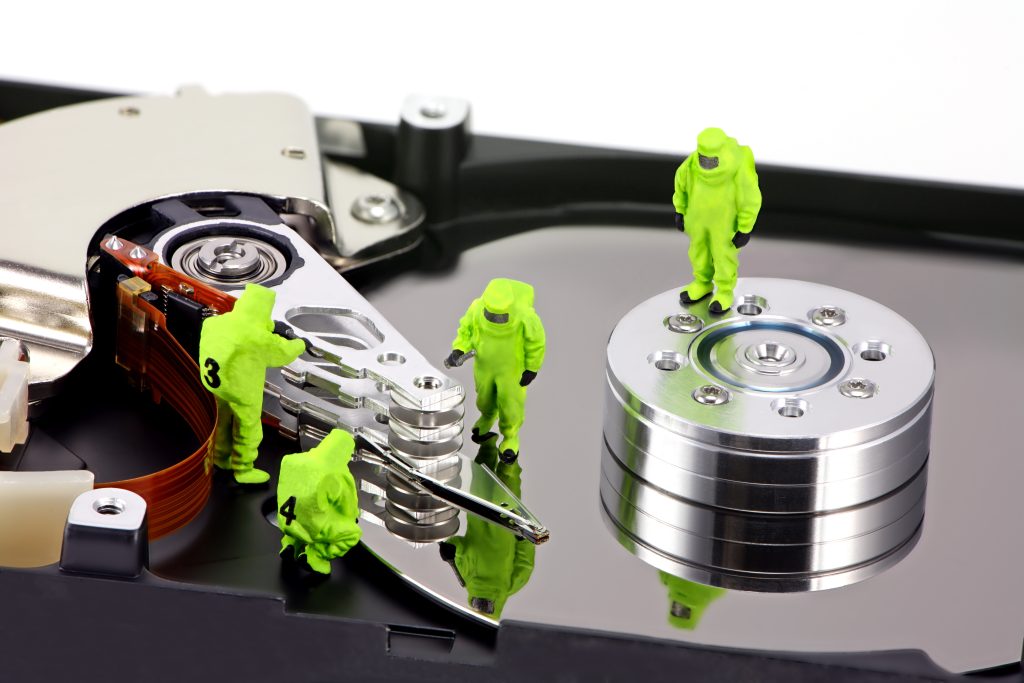
Maintaining your PC’s storage is crucial for optimal performance and longevity. A well-organized storage system not only lets you keep files that are important to you, it helps your computer run smoothly and prevents slowdowns. One of the most effective ways to manage storage is through disc cleanup, a process that frees up space and enhances your PC’s speed. For more insights, explore how to clean out system-clogging clutter with PC cleanup.
Disc cleanup is a powerful yet simple tool for removing unnecessary files like temporary files, cached data, and items in the Recycle Bin. Regularly performing disc cleanup not only reclaims valuable storage space but also boosts your computer’s performance. In this article, we’ll delve into the benefits of disc cleanup, guide you through the process, and share additional strategies to maximize your PC’s storage.
Understanding Disc Cleanup
Disc cleanup is a built-in Windows utility designed to help you manage your PC’s storage by eliminating unwanted files. It safely removes files you no longer need, such as:
Temporary internet files
Downloaded program files
Recycle bin contents
System error memory dump files
By clearing these files, disc cleanup frees up space and helps your PC run efficiently. Regular maintenance, including disc cleanup, is vital for keeping your computer in top shape. As highlighted by The Importance of Regular Computer Maintenance – Geeks 2 You, routine upkeep can significantly enhance your PC’s performance and longevity.
How to Perform Disc Cleanup to Get More Storage on PC
Performing a disc cleanup is straightforward and can significantly improve your PC’s speed by freeing up space. Here’s a step-by-step guide to get you started.
Open disc cleanup: Type ‘Disc Cleanup’ in the Windows search bar and select the application.
Select drive: Choose the drive you want to clean, typically the C: drive, and click ‘OK’.
Analyze files: Disc Cleanup will calculate how much space you can free up, which may take a few minutes.
Choose files to delete: Review the list of file types, check the boxes next to the files you wish to delete, and click ‘OK’.
Confirm deletion: Click ‘Delete Files’ to confirm and begin the cleanup process.
To maximize your storage space, consider these tips:
Regularly empty your recycle bin.
Clear browser cache and cookies.
Uninstall unused programs and apps.
The Impact of Cluttered Storage on PC Performance
Cluttered storage can severely affect your computer’s speed and performance. When your hard drive is full of extra files, your PC works harder to find what it needs, causing slowdowns and crashes. According to CDW, reducing storage clutter is key to speeding up a slow computer. For more tips, explore 5 tips on how to make an old computer faster.
Common performance issues caused by cluttered storage include:
Sluggish performance: Excess files can slow down system operations and increase load times.
Frequent crashes: A lack of space can lead to system instability and crashes.
Decreased efficiency: Your PC may struggle with multitasking, affecting your productivity.
By regularly performing disc cleanup and managing your storage space, you can enhance your PC’s performance, ensuring it runs smoothly and efficiently.
Additional Strategies for Managing Storage Space
Beyond regular disc cleanup, there are other ways to manage your PC’s storage effectively. Keeping your computer organized not only helps free up space but also boosts overall performance. Here are some practical methods to consider.
Organize your files: Develop a system for organizing your digital documents using folders and subfolders to categorize files by type, date, or project. This approach reduces clutter and makes it easier to find what you need. For more tips, check out Adobe Acrobat’s guide on organizing digital documents.
Cloud storage: Utilize cloud storage services to store files that you don’t need immediate access to, freeing up local storage space while providing a backup in case of hardware failure.
Uninstall unused programs: Regularly review and uninstall programs you no longer use to free up significant space and improve your PC’s speed.
Use external drives: Consider using external hard drives or USB flash drives for additional storage, particularly for large files like videos and photos.
Regular backups: Regularly backing up your files not only protects your data but also allows you to delete older files from your main drive, freeing up space.
Boosting PC Performance with iolo
Maintaining a clean and organized storage system is crucial for optimal PC performance. Regular disc cleanup is important for removing extra files and freeing up space. However, combining this with additional strategies like organizing files and using cloud storage can further enhance your computer’s efficiency.
For a complete solution, iolo’s System Mechanic® automatically identifies and cleans up unnecessary files, speeding up your computer providing a layer of optimal protection for your digital environment. With iolo, you can enjoy a smoother, faster computing experience, ensuring your system runs at its best.








